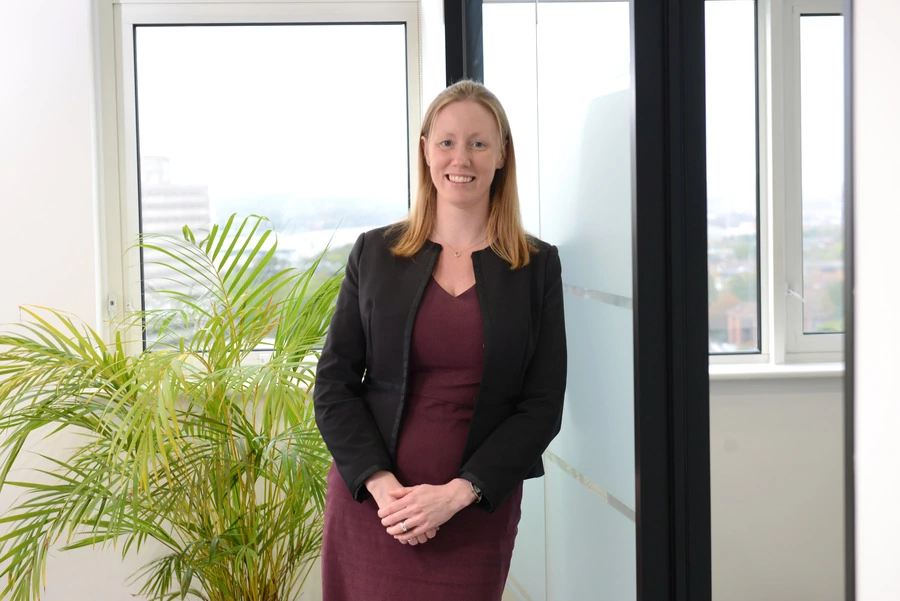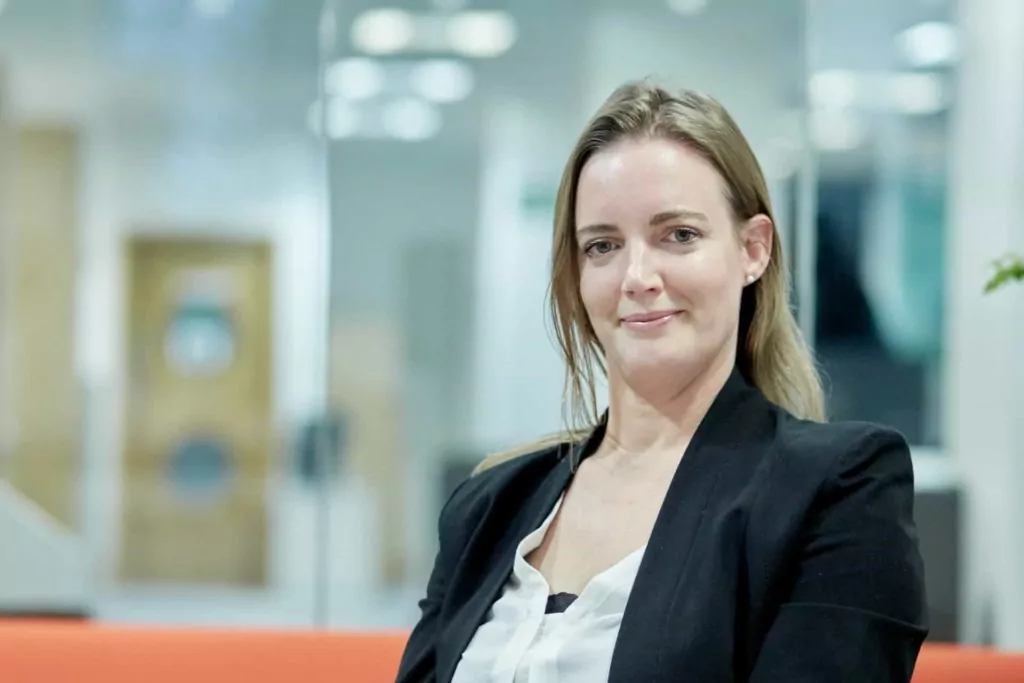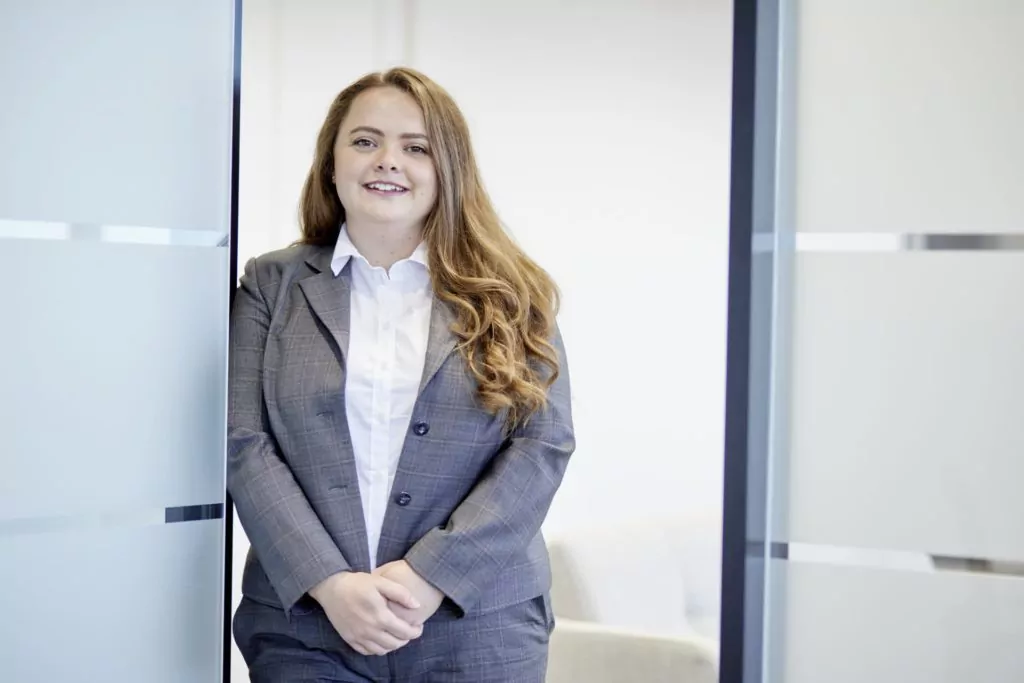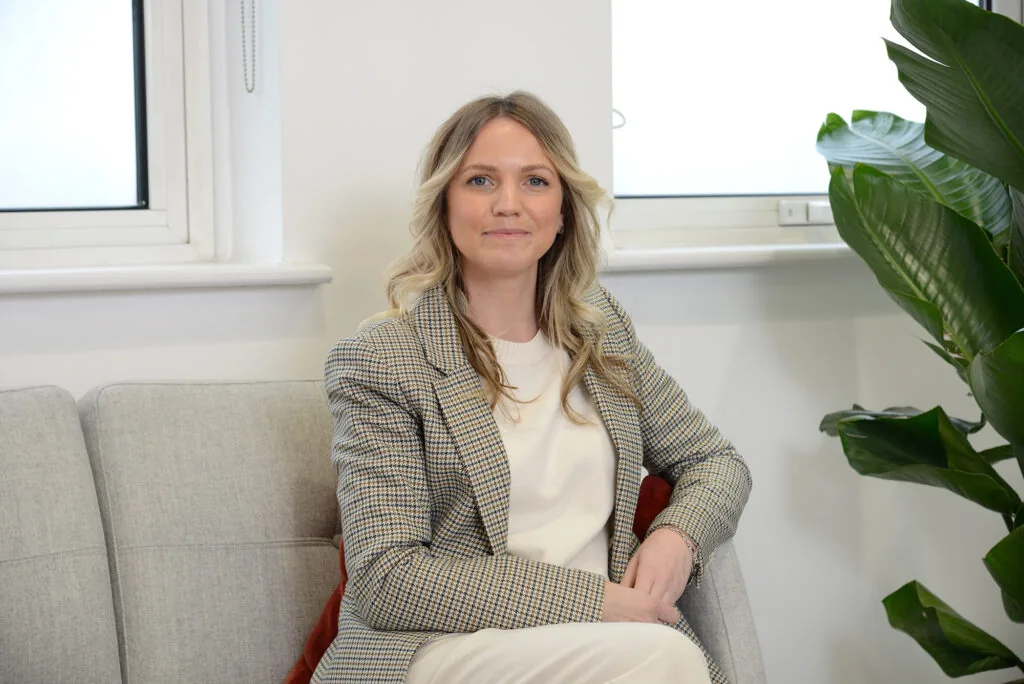
Furnished holiday lets – last chance for capital gains tax reliefs

By Robert Davies, Bethany Kingman
16 Dec 2024 | 4 minute read
What do we mean by Furnished Holiday Letting?
The furnished holiday letting (FHL) regime applies to a particular type of rental business. Broadly, it is a property let on a commercial basis for short periods (less than 31 consecutive days per person) throughout much of the year. There are specific, detailed conditions that must be met in order for a property to qualify as an FHL - HS253 Furnished holiday lettings (2022) - GOV.UK
Qualifying properties currently benefit from certain income tax advantages and capital gains tax reliefs not available on longer-term residential lets.
However, these advantages and reliefs are being removed with effect from 6 April 2025.
What capital gains tax reliefs are available for FHLs?
FHLs can currently qualify for capital gains tax (CGT) reliefs that are generally not available on the disposal of rental properties.
If available, BADR reduces the rate of CGT charged on the gain arising to 10%, rather than the higher residential property rates of typically 24% (some gains may be taxed at 18% if the individual income is within the basic rate).
BADR may be available on:
The disposal of:
- The FHL business that has been owned for at least 2 years before the disposal. This might be a qualifying property (or more than one) run as a business by a couple for example;
- A property used in an FHL business which is ceasing or has ceased, provided that the business has been run for at least 2 years before it ceased and the property is disposed of within 3 years of the business ceasing; and
The disposal of a property which is owned individually but has been used by a partnership or company for at least 2 years before the disposal and cessation of the FHL business. For example, one partner might own a FHL in their name, but run the FHL business in partnership with another. BADR could be available on the sale of the FHL associated with the cessation of the partnership business. In each case, the FHL business must be ceasing at the time of the disposal for relief to apply.
There is a lifetime allowance of £1 million per person on the gains that can benefit from BADR.
There is a lifetime allowance of £1 million per person on the gains that can benefit from BADR.
Holdover relief defers the CGT liability on the gift of a qualifying asset (which includes an FHL).
No CGT is paid when holdover relief is claim. The recipient of the gift inherits the base cost of the donor. This means that when the recipient sells the asset in the future, the gain charged on them will in effect include the growth in value during the donor’s ownership.
Holdover relief is only available in full if the qualifying conditions have been met throughout the life of the asset. If, for example, a property is owned for 10 years, with the first 5 years as a long-term let and then used as a FHL for 5 years – holdover relief would only be available for 50% of the gain.
Rollover relief applies when a qualifying business asset (including a property that qualifies for FHL treatment) is sold and replaced with another qualifying business asset.
The relief defers the CGT liability, by reducing the base cost of the new business asset, so that a larger gain is triggered on the subsequent disposal of the new business asset.
Rollover relief can be limited if only part of the proceeds of the sale of the business asset are reinvested in the new business asset, or the asset sold was only partially used in the business.
What is changing?
From 6 April 2025, FHLs will no longer be able to benefit from BADR, holdover relief, or rollover relief.
There is a limited exception for BADR, where the FHL business ceases before 6 April 2025 and the property itself is disposed of within 3 years of the cessation of the business.
Anti-forestalling rules will apply to unconditional contracts entered but not completed before 6 April 2025. CGT reliefs will not be unavailable in these circumstances, unless the contract is entered into for commercial reasons, with unconnected persons, without the purposes of securing CGT reliefs.
What can you be doing?
In light of these specific changes, and the wider capital gains tax and inheritance tax changes set out in the autumn 2024 budget, it is a good time to review FHL ownership:
Selling the property
If you have been considering selling your FHL property, from a tax perspective it is better to do this sooner rather than later to be able to claim BADR at the current rate.
For example, if a property is sold realising a capital gain of £500,000:
- In the 2024/25 tax year, if the FHL qualifies for BADR, the CGT liability will be: £500,000 x 10% = £50,000.
- If the letting business ceases prior to 5 April 2025 and the property is sold within 3 years, then BADR should still be available. However, the rates of BADR are themselves changing following the recent Budget, thus reducing the advantage gained when compared to the higher rate of 24%.
Date of sale | Rate of BADR | CGT on £500,000 gain |
From 6 April 2025 to 5 April 2026 | 14% | £70,000 |
After 5 April 2026 | 18% | £90,000 |
- If the FHL is sold after 5 April 2025 (and the business had not ceased prior to that date) BADR will not be available. Assuming all the gain is taxed at the higher rates, the CGT liability will be £500,000 x 24% = £120,000.
Gifting the property
If you wish to keep the property in the family, it may be time to consider passing the property on to future generations. This could be done by:
An outright gift to children or grandchildren:
This will be a disposal for CGT purposes at market value. You could choose to claim:
- Holdover relief so that there is no immediate CGT liability (although there will be a greater liability on the subsequent sale by the children/grandchildren and no BADR will be available); or
- BADR to crystallise the gain and pay CGT at lower rates. This may be attractive if your children/grandchildren are likely to sell the property in the near future and you would like to suffer some tax now to greatly reduce the future tax on sale.
It will be a potentially exempt transfer (PET) for inheritance tax purposes.
- If you survive the gift by at least 7 years, it will be free of inheritance tax, provided that you do not retain a benefit in the property (e.g. you do not continue to receive any of the profits).
- If you die within 7 years of the PET, it may be subject to inheritance tax. To the extent that the PET exceeds your nil-rate band (£325,000 per person subject to previous gifts) it will be subject to inheritance tax at a rate of 40%. If the gift is subject to inheritance tax, but you have survived it by at least 3 years, the rate of inheritance tax begins to taper.
If any children/grandchildren are below the age of 18, they could not receive a share of the FHL outright. Instead, it could be held on a bare trust. A bare trust is a simple form of trust which is largely transparent for tax purposes (unless a parent sets up a bare trust for their minor children). Beneficiaries are entitled to assets in a bare trust when they reach 18.
Transferring the property into a discretionary trust
The trustees of a discretionary trust decide which beneficiaries receive income and capital from the trust and when. This is very helpful as trustees can protect the trust assets and beneficiaries, by not making distributions if a beneficiary is currently in a vulnerable position e.g. financial difficulty, divorce or ill health.
The transfer to the trust is a disposal for CGT purposes.
- Like an outright gift, you can choose to be taxed on the gain and claim BADR or defer the gain using holdover relief.
- However, unlike an outright gift, there is a specific type of holdover relief available for transfers into trust which will still be available after April 2025.
For inheritance tax purposes:
- A transfer into a trust is a lifetime chargeable transfer. To the extent the value exceeds your available nil rate band, there will be an immediate inheritance tax charge at a rate of 20%.
- To ensure the value of the gift is outside of your estate for inheritance tax purposes, you could not be a beneficiary of the trust. So, like an outright gift, you could not continue to benefit from the property and receive income from it.
How can we help?
The tax implications of selling and gifting property can be complex. Whatever your circumstances, our team can advise on your position and the options available. In each case, there is formal documentation required that we can prepare for you.
Get in touch with one of our team below to find more.



























